Written by Saeran Dewar
Dobbs v. Jackson
On June 24th, 2022, the Supreme Court voted to uphold a Mississippi law that banned abortions at 15 weeks and onwards, thereby striking down Roe v. Wade and marking the end of 50 years of federal abortion rights. The three minority Justices’ dissenting opinion remarked that women are now forced to carry their pregnancies to term “even at the steepest personal and familial costs.” But what exactly are these costs, and how will they manifest?
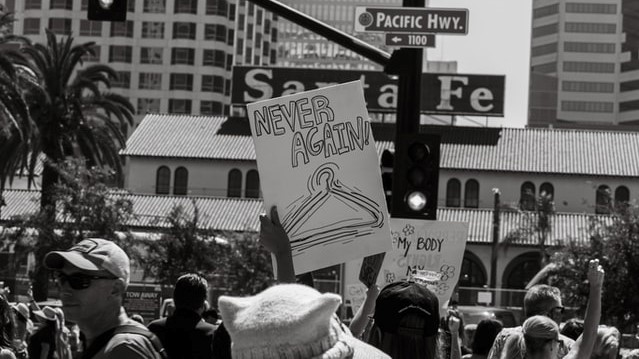
Forced Motherhood
Currently, three out of four women who receive an abortion live below 200% of the poverty line, meaning that they earn less than $27,000 a year. These women are currently experiencing extremely high costs of food and childcare. Due to rising inflation, the costs of home-cooking are up 10% compared to last year. The cost of childcare currently sits at $10,174 annually, which is 35% of the median income of a single parent. For reference, the U.S. Department of Health and Human Services recommends that families spend no more than 10% of their income on childcare.
In the 26 states where abortion bans have already or will soon go into effect, women and families who experience poverty who then carry out unwanted pregnancies will be forced to reckon with steep childcare costs, amid already high food costs. The Dobbs v. Jackson ruling will result in many women’s poverty being exacerbated and will leave more women and their children hungry.
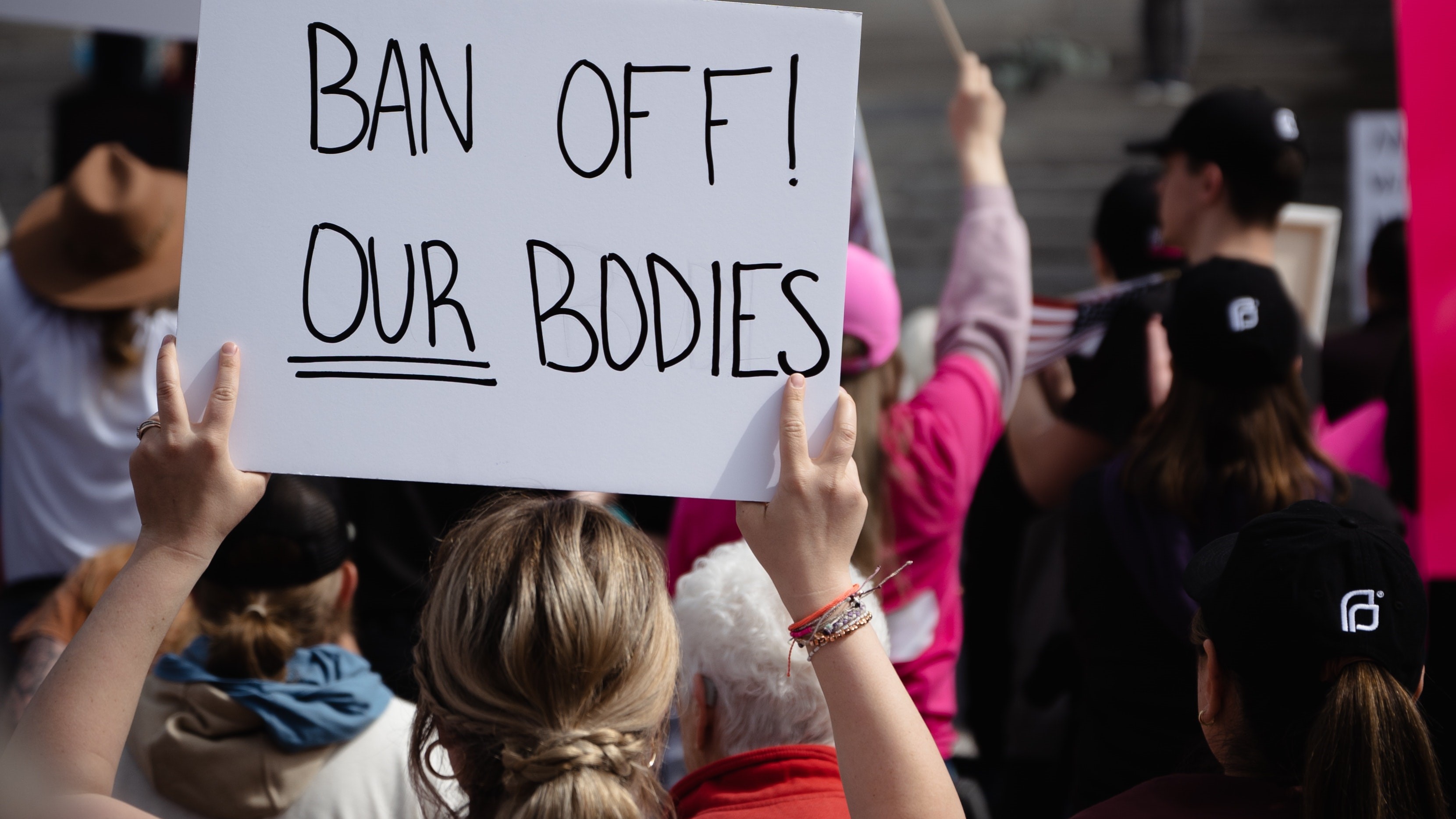
Childhood Poverty
With millions of American women now denied one of their family planning tools, they will now be giving birth at a time in their lives when they may not be best able to support a family. “The Turnaway Study”, conducted at University of California San Francisco, demonstrated that women who were denied abortions and went on to give birth saw an increase in household poverty lasting at least four years. Their children were found to be more likely to experience developmental delays, lower test scores, and behavioral issues, which “is directly attributable to the stress and strain on their mother and on their family, from being forced to carry this unwanted pregnancy to term,” said Barnard College Professor of Women and Economics, Elizabeth Ananat.
Denying women abortion access, and therefore forcing them to carry out unplanned and unwanted pregnancies, results in an adverse effect on their children, demonstrating that not only will mothers’ and families’ poverty be exacerbated, but the children’s as well.
What We Can Do
As Washingtonians, we have the privilege of not having to fear whether or not our abortion access will remain protected. In acknowledgment of our privilege, it is important for us to recognize that women in more than half of the American states cannot say the same and that they may have to resort to dangerous measures that may place their lives in jeopardy. For those who have the means to do so, donating to an abortion fund can be a valuable way to provide women in abortion-restricted states with access. Abortion funds are independent, grassroots organizations that support women in need of emergency contraception, transportation and lodging, abortion procedures, and childcare.
The Brigid Alliance: books and pays for transportation, lodging, and meals for women in need. They support women who are 15 weeks pregnant or more, residing in any state.
National Abortion Federation Hotline: the largest national toll-free and multilingual abortion access and financial assistance hotline on the continent. They provide referrals to quality abortion care.
Women’s Reproductive Rights Assistance Project: abortion clinics, hospitals, and doctors can contact WRRAP on behalf of an abortion-seeking patient who needs financial assistance. They have over 700 clinics and providers in their affiliated network.
If you wish to be informed of more funds, the National Network of Abortion Funds has an extensive list of organizations that support women in specific states or of certain racial demographics.
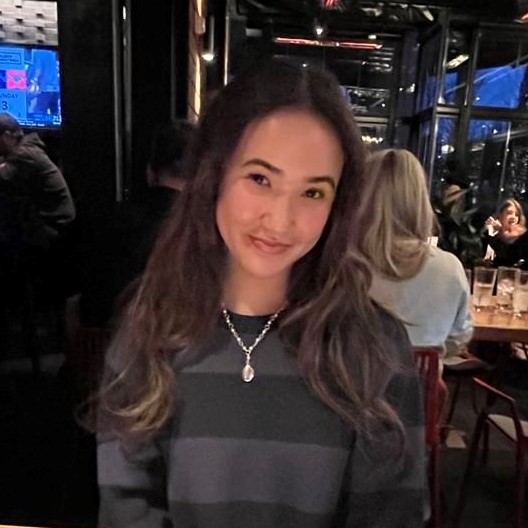
Saeran is Hunger Intervention Program’s summer intern through Teens in Public Service. Saeran is in the graduating class of 2024 at Ingraham High School. She has been studying Japanese since kindergarten and aspires to earn a college degree in Japanese Language and Literature. She is passionate about serving youth in the local and global community and securing food access to students in the Seattle area. You can often find her playing volleyball, eating grilled cheese, or playing with her goldendoodle Hailey.


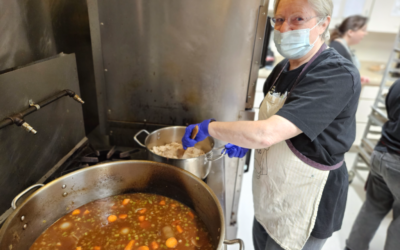
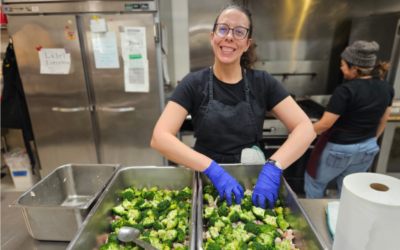

0 Comments